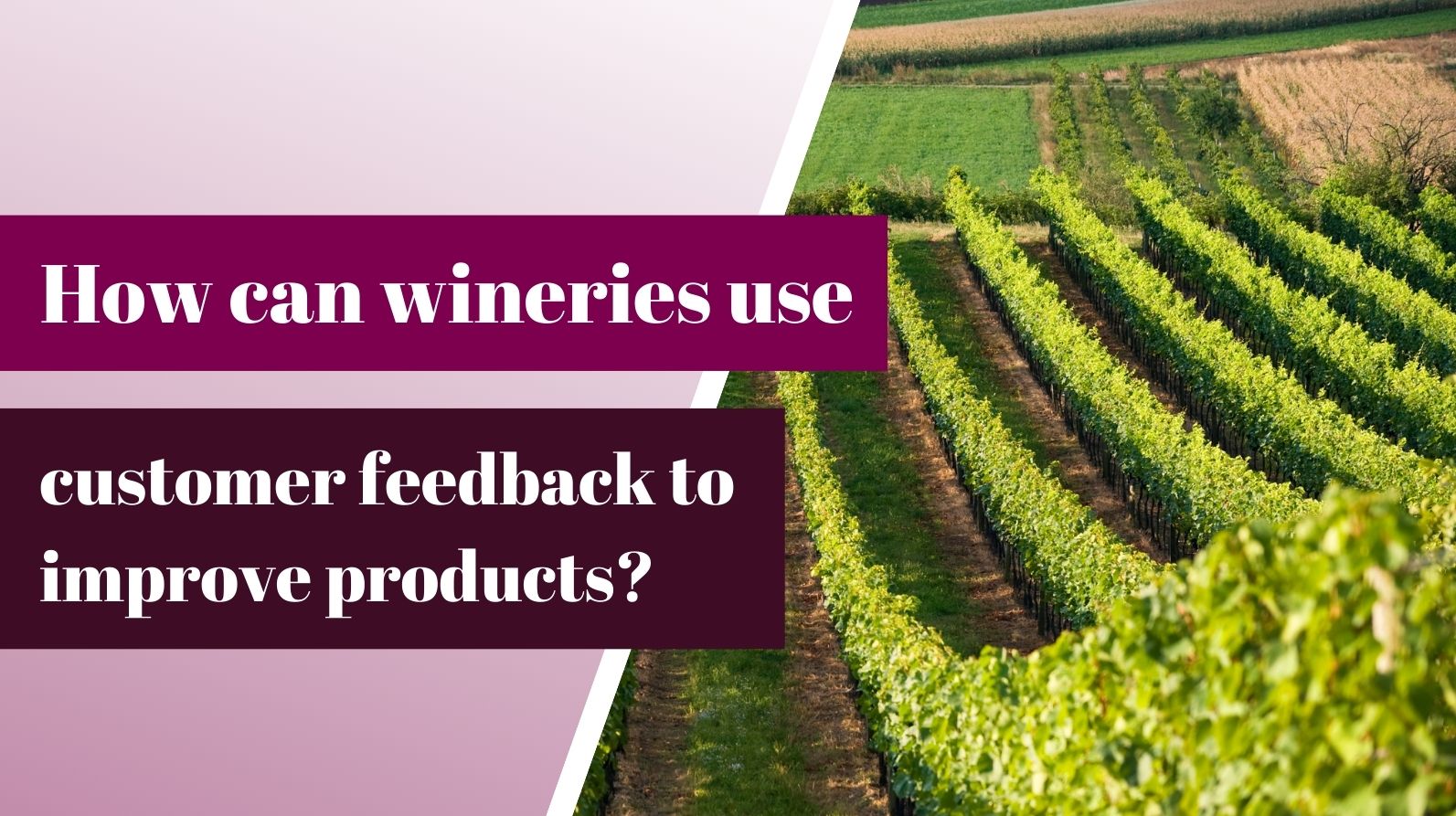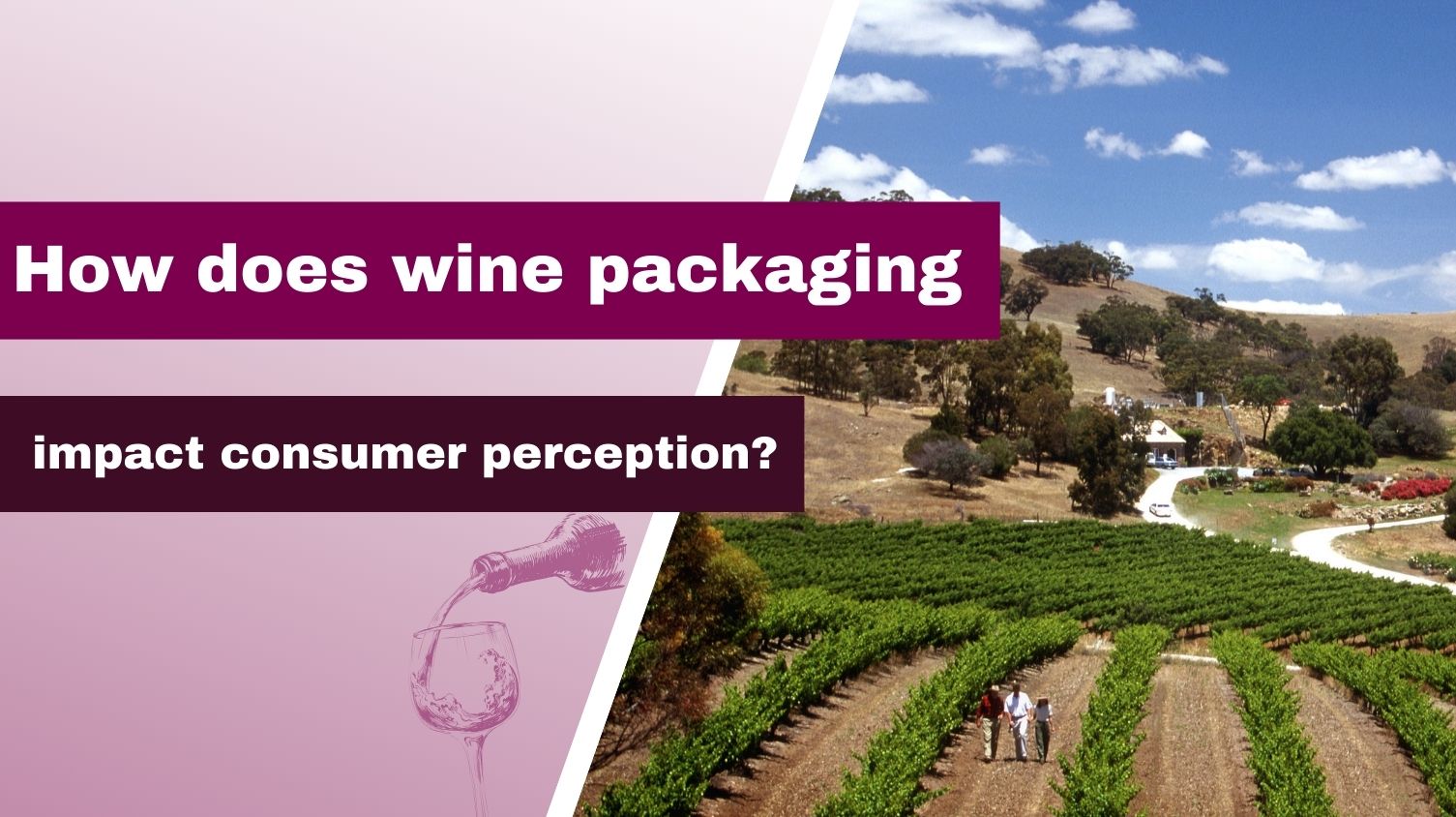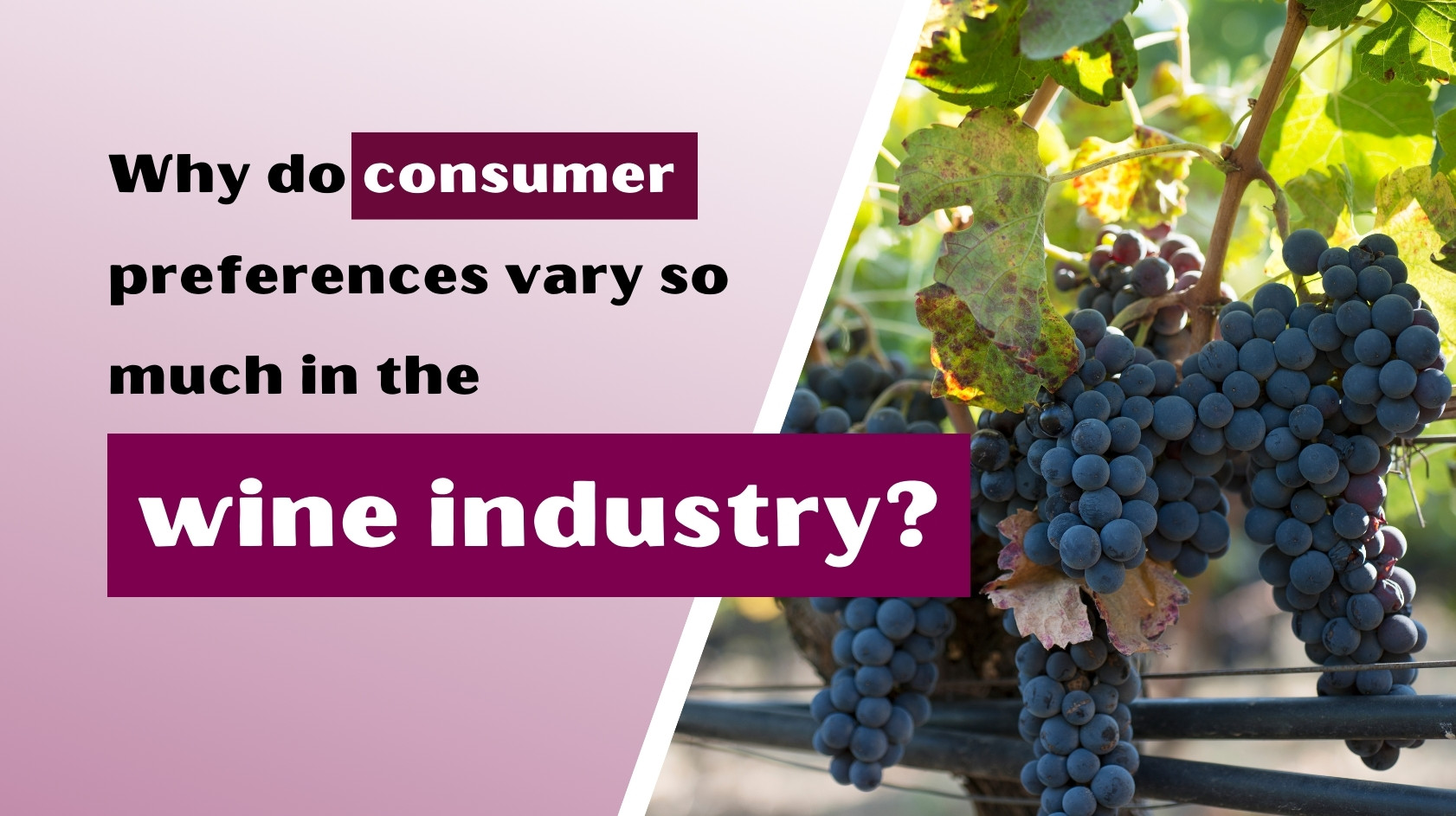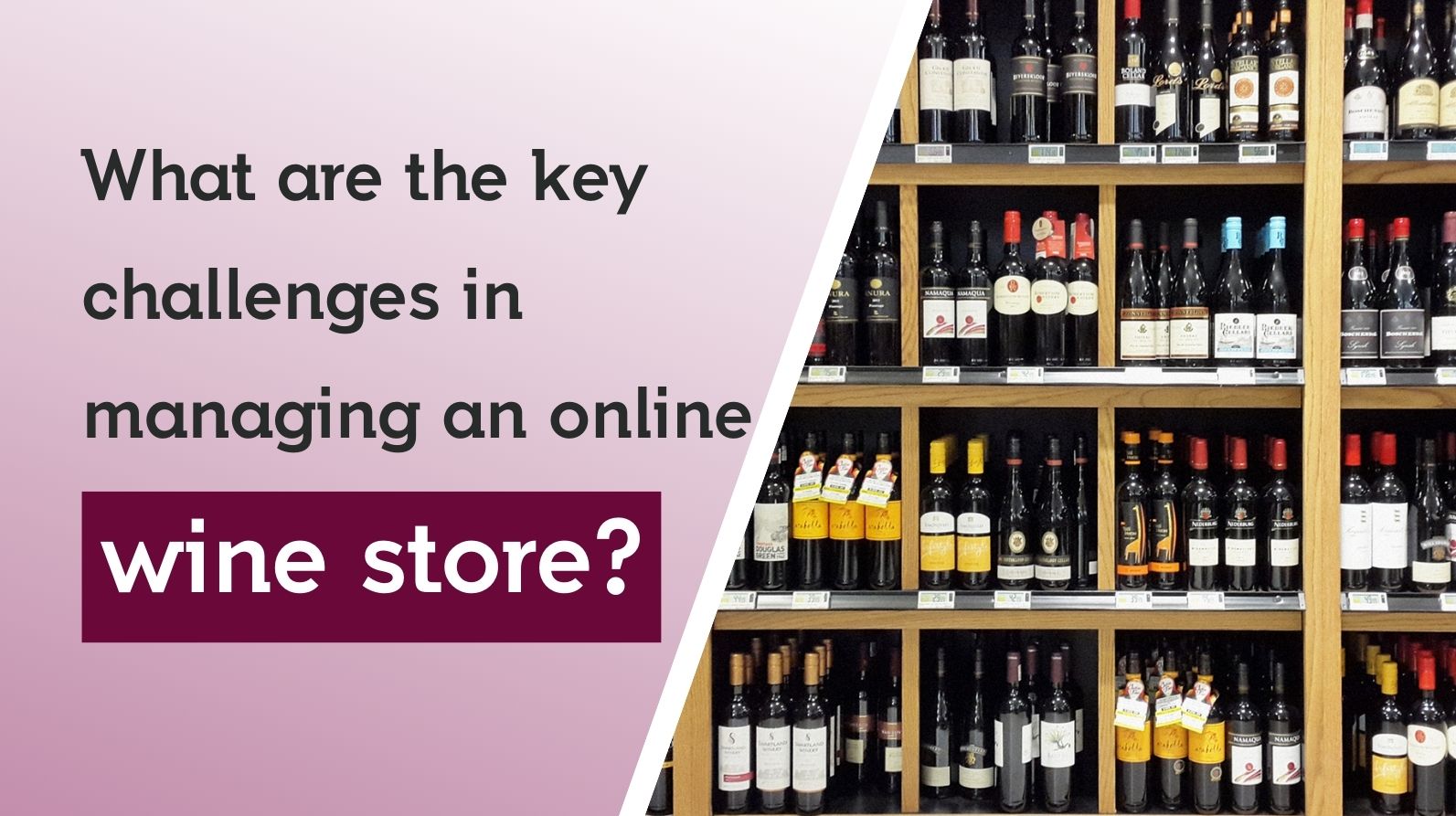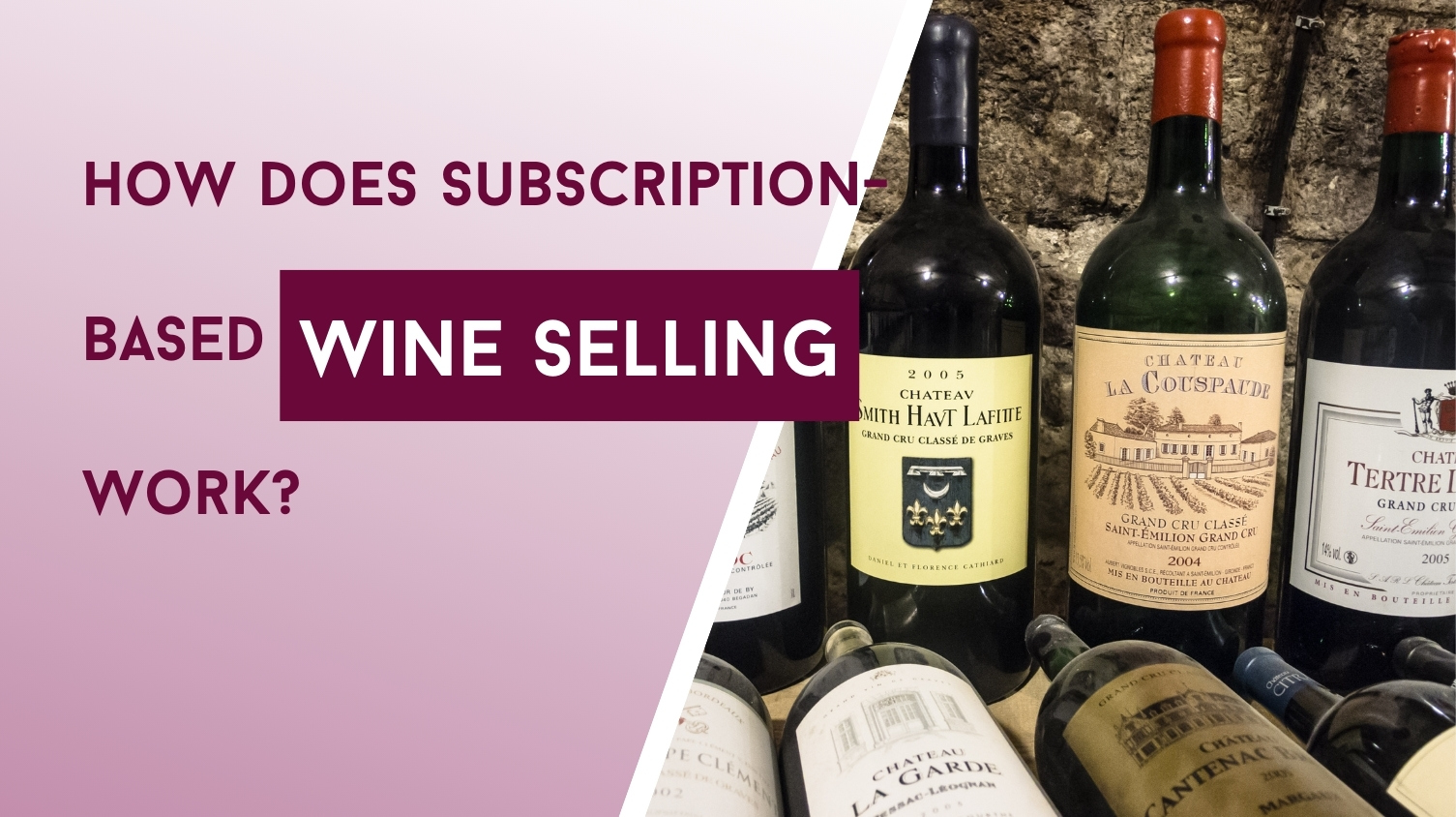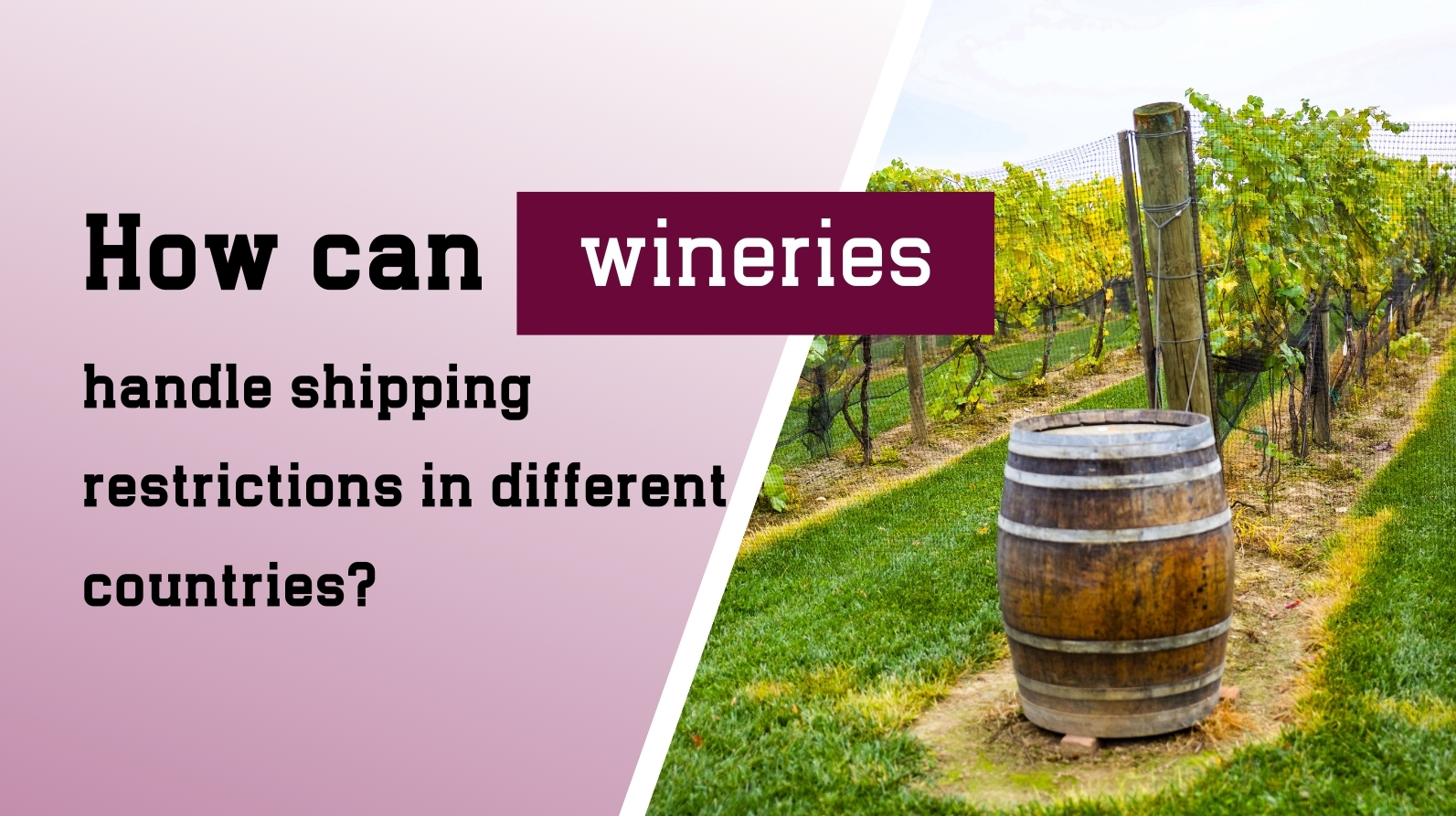Why Selling Wine Online is Challenging
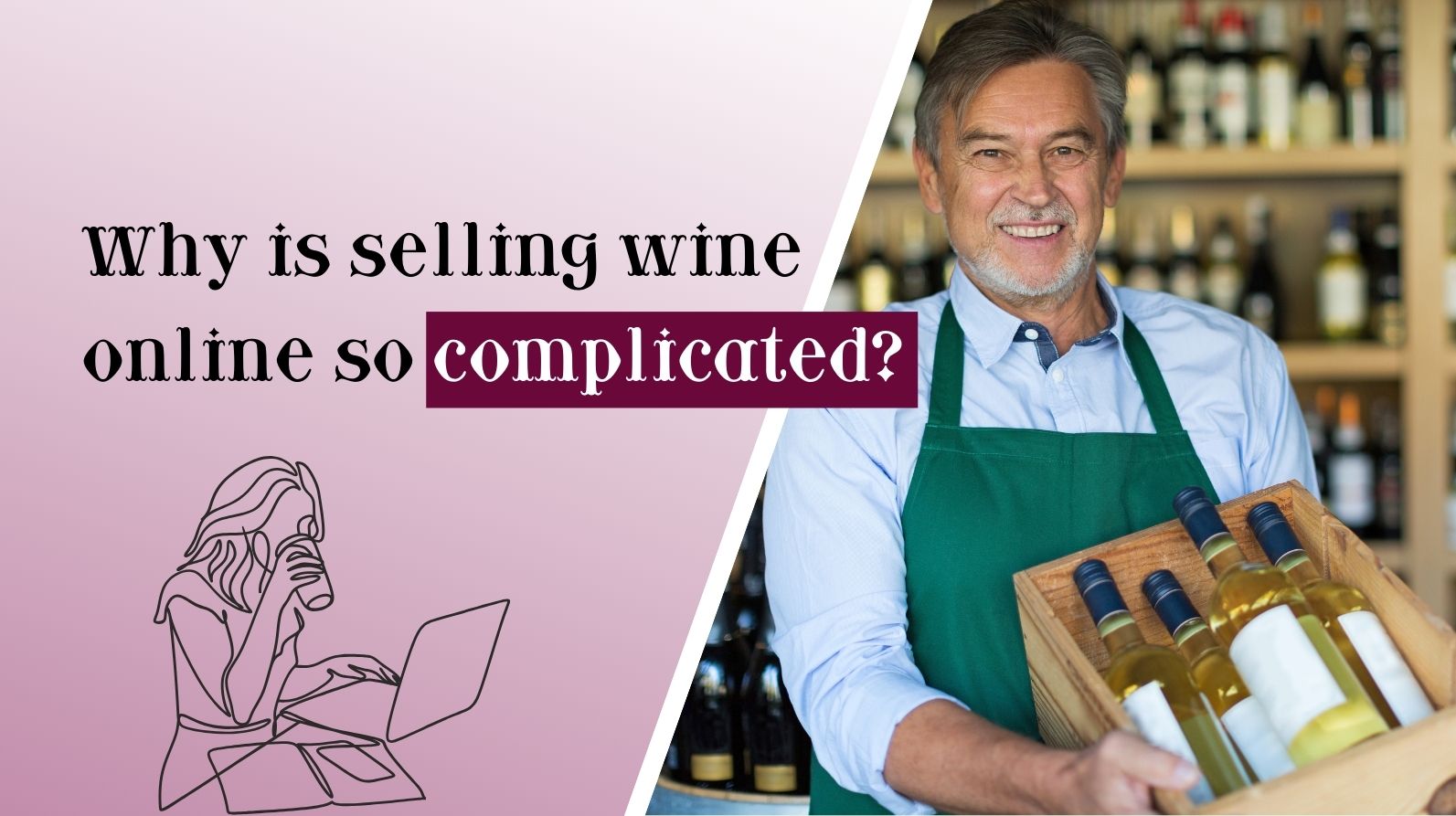
Introduction: Why Selling Wine Online is Challenging
Selling wine online is not like selling clothes or electronics. It comes with unique challenges such as strict alcohol laws, shipping restrictions, and the need to stand out in a competitive market. But with the right approach, wineries and online wine sellers can overcome these difficulties and build a successful e-commerce business.
This guide explores the biggest challenges of selling wine online and provides practical solutions to help businesses succeed.
Understanding the Laws: Selling Wine Legally Online
Why Are There So Many Rules?
Wine is an alcoholic product, which means there are strict laws about how and where it can be sold. These laws change depending on the country, state, or even city.
For example, in the United States:
Some states allow direct wine shipments to customers.
Other states have restrictions or even ban online wine sales.
Each state has different taxes and reporting rules for wineries.
How to Stay Legal
To sell wine online legally, businesses need to:
Get the necessary licenses and permits for each state or country.
Follow tax regulations and submit reports on time.
Work with a legal expert or use compliance software to track laws.
Age Verification: Preventing Underage Sales
Why Age Verification is Important
Unlike a physical store where a cashier can check ID, online sellers need to use technology to verify age. Selling wine to underage customers can lead to serious fines and legal trouble.
How to Verify a Customer’s Age
To prevent underage sales, online wine stores should:
Use age verification software at checkout.
Require customers to enter their date of birth before purchasing.
Ensure carriers check ID upon delivery.
This helps businesses stay compliant and protects them from penalties.
Shipping Wine: Handling Complex Deliveries
Why Wine Shipping is Difficult
Shipping wine is not as simple as sending a book or a T-shirt. There are strict rules about who can transport alcohol and how it must be handled.
Challenges include:
Some shipping carriers do not deliver alcohol.
Wine bottles are heavy and fragile, requiring special packaging.
Most states require an adult signature upon delivery.
How to Ship Wine Successfully
To avoid shipping problems, wine sellers should:
Use approved carriers like FedEx and UPS that ship alcohol.
Package wine securely to prevent breakage.
Require an adult signature to follow legal requirements.
Offer local delivery or pickup for customers nearby.
Standing Out in a Crowded Market
Why Branding is Important for Online Wine Sales
There are thousands of wineries and online wine stores. To attract customers, businesses need to tell a compelling story and create a strong brand identity.
Ways to Make a Wine Brand Stand Out
Share the winery’s history and unique winemaking process.
Use high-quality images and videos to showcase wines.
Post engaging content on social media, such as wine pairings and behind-the-scenes videos.
Offer loyalty programs to encourage repeat customers.
Building Customer Trust in Online Wine Sales
The Challenge: Customers Cannot Taste Wine Online
In a physical store, customers can see, smell, and taste wine before buying. Online, they rely on descriptions, reviews, and guarantees.
How to Build Trust Online
Provide detailed product descriptions, including flavors and best food pairings.
Feature customer reviews and ratings for each wine.
Offer satisfaction guarantees or return policies.
Provide excellent customer service via chat, email, or phone.
If customers feel confident in a brand, they are more likely to buy.
Choosing the Right E-Commerce Platform
Not All Online Stores Support Alcohol Sales
When selling wine online, businesses need a platform that supports alcohol sales and legal compliance.
Best Platforms for Selling Wine Online
WineDirect, which is designed for wineries.
Shopify, with alcohol compliance plugins.
Squarespace, which is good for small wineries.
A good e-commerce platform will help with:
Age verification tools at checkout.
Secure payment options, such as credit cards and PayPal.
Mobile-friendly design for easy shopping.
Compliance Costs: Investing in Legal Help
Why Compliance Costs Matter
Selling wine online requires constant legal monitoring. If businesses do not follow the rules, they could face fines or even lose their license.
How to Stay Compliant Without Stress
Hire a legal expert who understands alcohol sales.
Use compliance software to track laws and licenses.
Work with fulfillment companies that handle state regulations.
Though compliance costs money, it protects businesses from bigger legal problems later.
Educating Customers: Making Wine Buying Easier
Why Consumer Education is Important
Many customers do not know much about wine. Educating them helps them make better choices and keeps them coming back to a store.
How to Educate Customers Online
Create blog posts and guides on wine pairings, aging, and storage.
Host virtual wine tastings where customers can learn about different wines.
Offer quizzes that recommend wines based on personal taste.
Educating customers builds loyalty and turns one-time buyers into lifelong fans.

